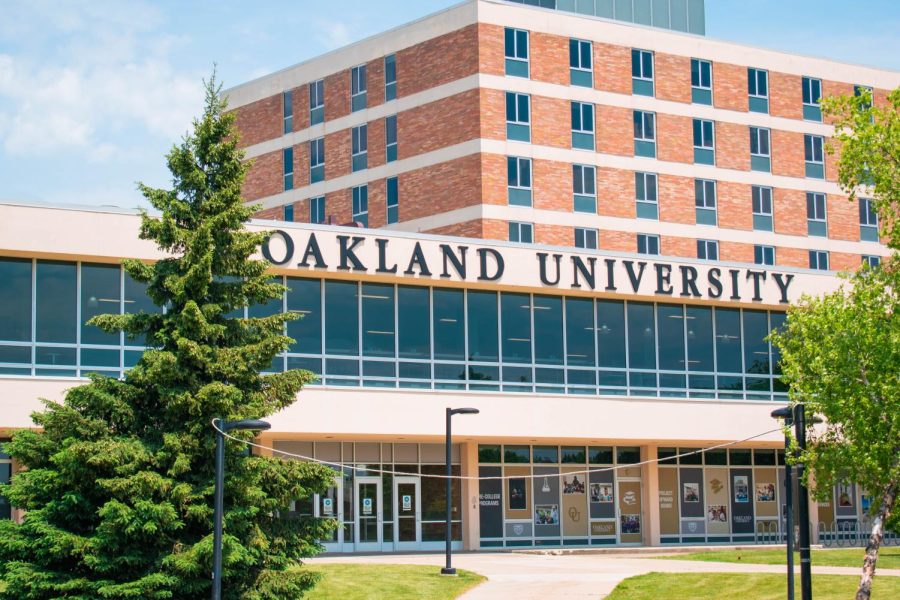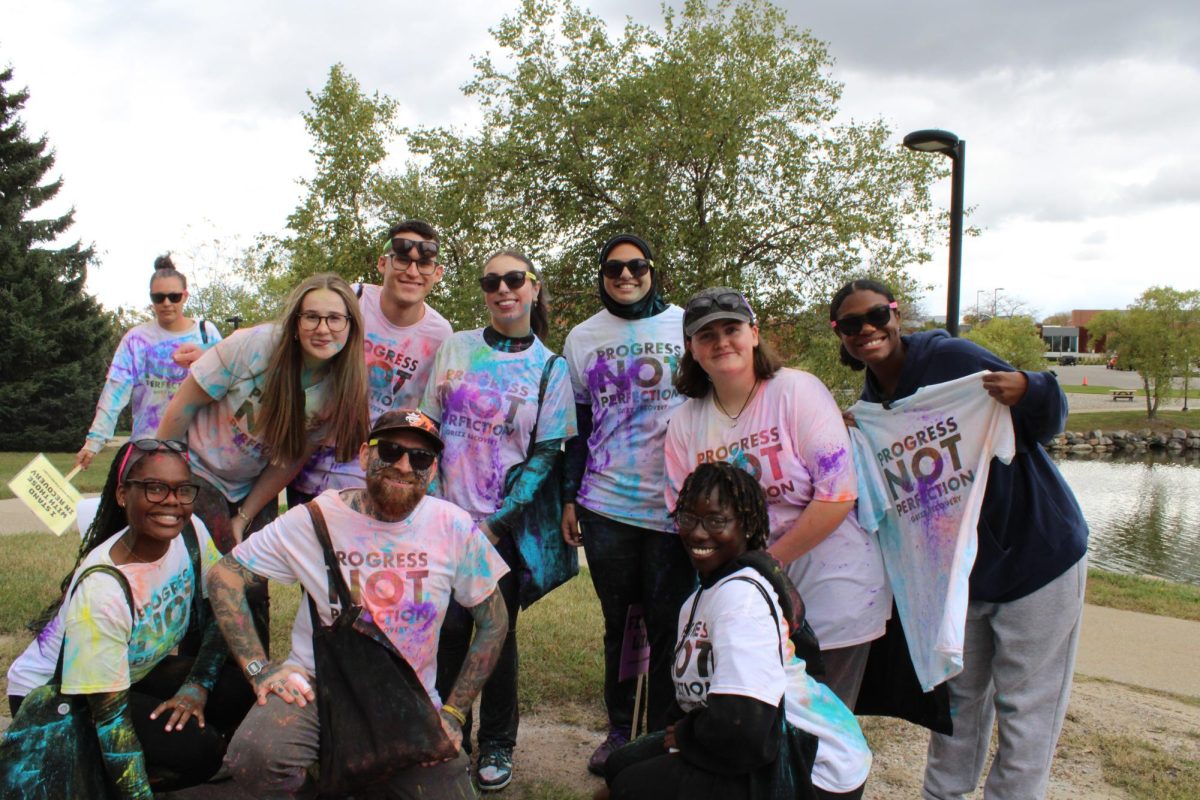On Oct. 19, Murruyum Farooqi, Maris Ferguson and Katya Eskander attended an Oakland University Senate meeting on behalf of the OU Student Congress (OUSC) to present a resolution to amend the existing Student Code of Conduct, specifically, its Medical Amnesty Policy.
The group’s goals in presenting at the meeting were two-fold. First, they intended to highlight the current Medical Amnesty Policy’s problematic nature, rationalizing it does not provide adequate protections for students seeking emergency help on campus.
Their second and more uncertain objective was to win the support of the faculty to bolster the momentum behind their initiative.
The beginning of the meeting was filled with business, from university financial updates to strategic planning. When Farooqi was able to present, she spoke fervently about the Medical Amnesty reform initiative.
“Student Congress began working on this project over the summer and organized a committee to review the code of conduct,” Farooqi said. “Our hope was to find a way to remove barriers for students seeking help on campus.”
Farooqi explained what she and her OUSC colleagues identified as problematic language in OU’s current Medical Amnesty Policy.
“Under the current policy, students who seek emergency assistance from campus resources while violating the university’s alcohol and drug policy are at risk of receiving conduct sanctions from the university,” Farooqi said.
OUSC’s Medical Amnesty reform resolution, according to Farooqi, recommends OU amend the existing student code of conduct to allow for the protection of students seeking emergency help from university resources. Further, the resolution advocates for the prioritization of language that encourages students to seek help from university resources without fear of subsequent retaliation.
Farooqi assured Senate representatives the proposed resolution aligned with Michigan state law, which protects individuals seeking help from criminal charges.
“We [OUSC] drew a lot of inspiration from Michigan State University’s Medical Amnesty Policy, which we feel does a good job of protecting students experiencing crisis,” Farooqi said.
Following Farooqi’s presentation, Ferguson took the podium, addressing the Senate members with an emotional appeal.
“It’s [Medical Amnesty Reform] been an insightful project. We’ve recognized that this is a big issue,” Ferguson said.
OUSC’s efforts to enact reform measures on the Medical Amnesty Policy began in July when OUSC unanimously passed a resolution supporting Medical Amnesty reform.
Ferguson mentioned that OUSC has heard the concerns of many students regarding the current Medical Amnesty Policy. She informed Senate members these students have said they have not reported incidents in the past because they did not feel safe to do so.
“By reforming OU’s Medical Amnesty Policy, we can enforce safety on campus and ensure students feel heard,” Ferguson said.
When it came time for voting, Ferguson’s words about elevating student voices were not ignored. By a vote of 46-0, OUSC’s Medical Amnesty Resolution was unanimously approved by the Senate.
Dr. Britt Rios-Ellis, OU’s provost, rounded out the business by expressing gratitude to Farooqi, Ferguson and the rest of OUSC for shedding light on the problematic nature of the current Medical Amnesty Policy.
“Thank you for bringing this important issue to our attention. We want students to feel like it is safe for them to report on campus,” Rios-Ellis said.
To read the full details of OUSC’s Medical Amnesty Reform resolution, access the full resolution here. For individuals with questions about the Medical Amnesty Reform initiative, email Farooqi ([email protected]) or Ferguson ([email protected]).











